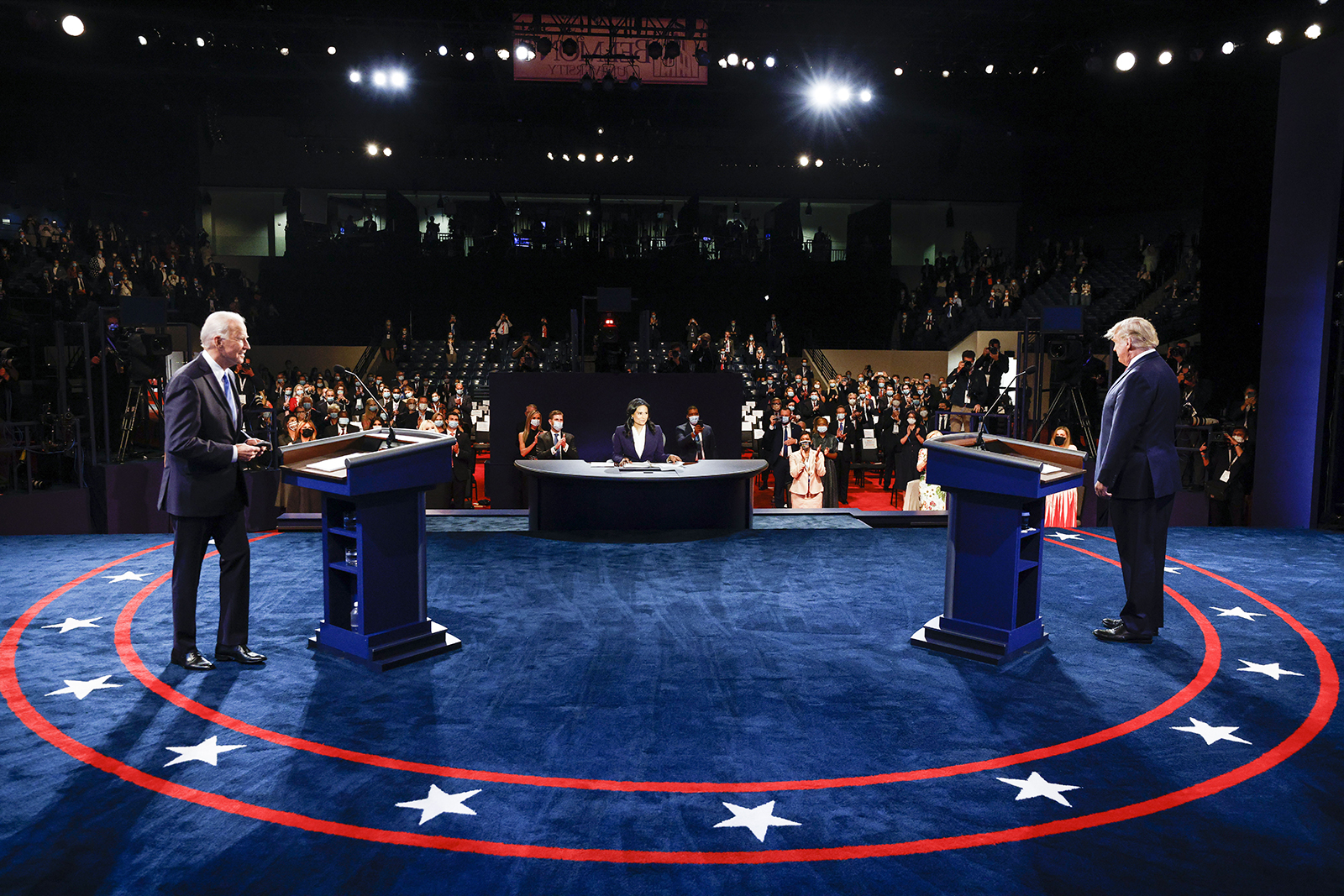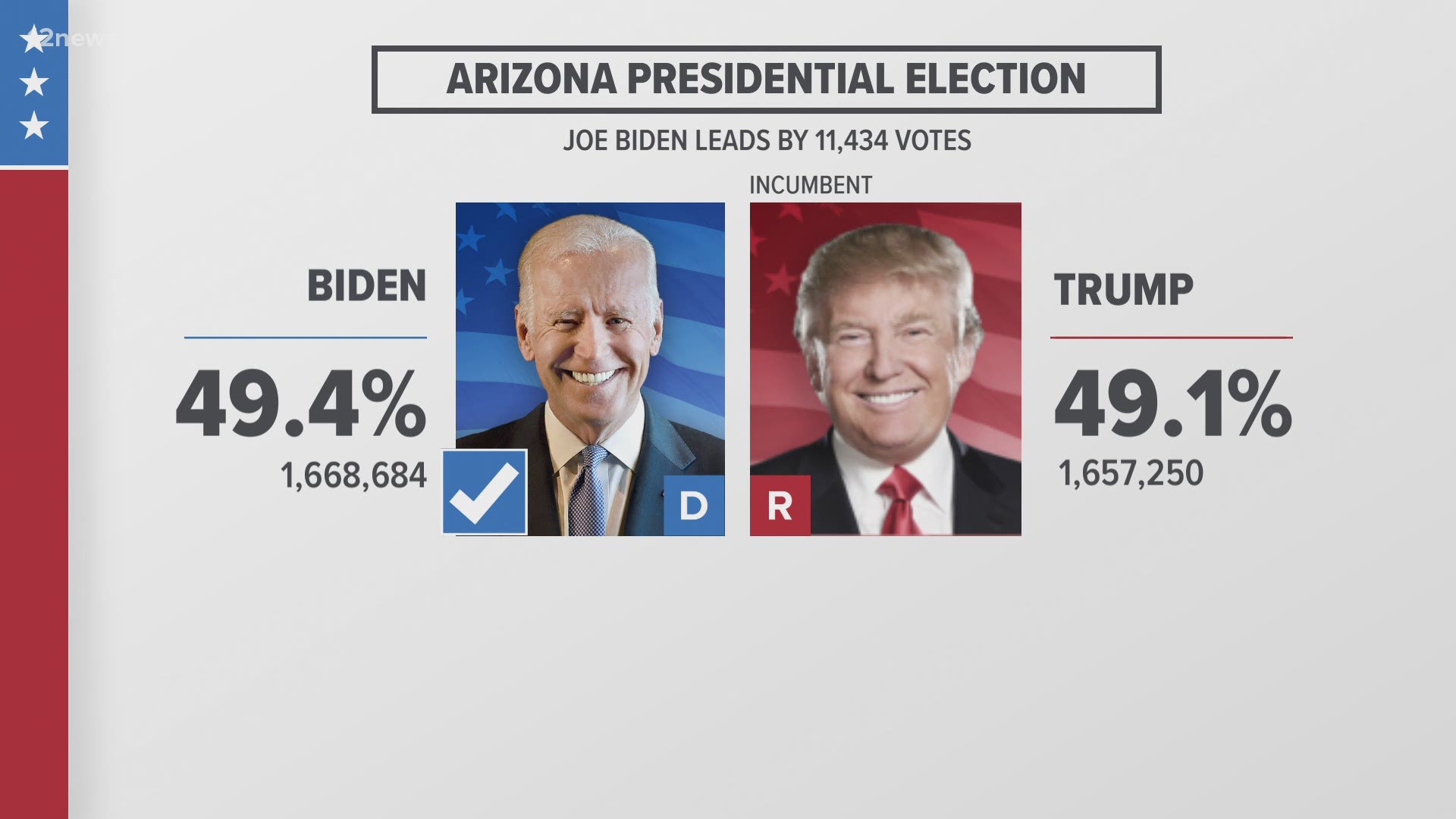Audience Perception and Reactions: Whos Winning In The Presidential Debate

The presidential debate serves as a critical platform for candidates to engage with the electorate, influencing public opinion and potentially shaping electoral outcomes. Understanding audience perception and reactions is essential to gauge the debate’s impact on the race.
Reactions of Different Audience Segments
Different audience segments, including those with varying political affiliations, demographics, and levels of political engagement, will likely react differently to the debate.
- Partisans: Partisans, particularly those strongly affiliated with a specific party, often enter the debate with pre-existing biases. They are more likely to interpret the debate through a lens that favors their preferred candidate, potentially dismissing opposing viewpoints or focusing on perceived strengths.
- Independent Voters: Independent voters, who are not firmly aligned with either party, often represent a crucial segment in elections. They may be more receptive to nuanced arguments and less likely to be swayed by partisan appeals. These voters might be particularly attentive to candidates’ positions on key issues and their ability to articulate a compelling vision for the future.
- Demographics: Demographic factors, such as age, race, ethnicity, and socioeconomic status, can influence how audiences perceive the debate. For example, younger voters might prioritize issues like climate change or student debt, while older voters may focus on healthcare or Social Security.
Social Media and Online Discussions
Social media platforms and online forums provide valuable insights into public perception and reactions to the debate. Analyzing these discussions can reveal key themes, emerging narratives, and the overall sentiment surrounding the candidates’ performances.
- Sentiment Analysis: Sentiment analysis tools can be used to gauge the overall tone of online discussions, identifying whether public opinion is leaning towards positive, negative, or neutral sentiments towards the candidates.
- Trending Topics: Monitoring trending topics on social media platforms can help identify the key issues and talking points that are resonating with the public. This information can provide valuable insights into the debate’s impact on public discourse.
- Meme Culture: The use of memes and online humor can reflect public perception of the candidates and their performances. Memes can sometimes capture the essence of a debate moment or highlight specific aspects of a candidate’s communication style.
Key Takeaways and Shifts in Public Opinion
The debate can potentially influence public opinion in several ways. It can reinforce existing views, shift undecided voters towards a particular candidate, or even lead to a decline in support for a candidate.
- Issue Salience: The debate can bring specific issues to the forefront of public attention, potentially influencing the relative importance of different policy areas in voters’ minds.
- Candidate Perception: The debate can shape voters’ perceptions of candidates’ strengths, weaknesses, and overall likability. A strong performance can boost a candidate’s image, while a weak performance could damage their credibility.
- Turnout and Engagement: A highly anticipated and contentious debate can increase voter turnout and engagement. The debate might motivate individuals who were previously undecided or disengaged to participate in the electoral process.
Potential Impact on Voter Turnout and Electoral Outcomes
The debate’s impact on voter turnout and electoral outcomes can be significant.
- Increased Turnout: A well-debated and closely watched debate can lead to increased voter turnout, particularly among those who are politically engaged or who are motivated by the issues discussed.
- Shift in Voter Preferences: The debate can influence the preferences of undecided voters, potentially leading to a shift in the electoral landscape.
- Momentum and Narrative: A strong debate performance can give a candidate momentum and shape the narrative surrounding the race. This momentum can influence media coverage and public perception, potentially impacting the outcome of the election.
Post-Debate Analysis and Implications

The presidential debate sparked a flurry of media coverage and commentary, with analysts and pundits dissecting every word and gesture of the candidates. The debate provided a platform for both candidates to present their vision for the future of the nation and to highlight their key policy priorities. It also offered an opportunity for the public to gauge their suitability for the highest office.
Media Coverage and Commentary
The debate generated a significant amount of media coverage, with news outlets across the political spectrum providing their own interpretations of the event. Some commentators focused on the candidates’ performance, highlighting their strengths and weaknesses. Others emphasized the policy issues that were discussed, analyzing the candidates’ positions and their potential impact on voters. The media coverage reflected the diverse perspectives on the debate, with some outlets leaning towards a more favorable portrayal of one candidate over the other.
Potential Impact on the Election Campaign, Whos winning in the presidential debate
The debate is likely to have a significant impact on the election campaign. It may solidify the views of some voters, while others may be swayed by the candidates’ performances. The debate may also influence the candidates’ strategies and messaging moving forward. For example, a candidate who was perceived to have performed well may choose to emphasize their strengths in future campaign events. Conversely, a candidate who was perceived to have struggled may attempt to reframe their message or focus on different issues.
Implications for the Future of the Race
The debate could have significant implications for the future of the race. It may shift the momentum in favor of one candidate or the other, depending on how the debate is perceived by voters. The debate could also impact the overall political landscape, potentially leading to changes in the candidates’ strategies, the issues that are prioritized, and the overall tone of the campaign.
Key Takeaways from the Debate
| Candidate A | Candidate B | |
|---|---|---|
| Performance | [Candidate A’s performance evaluation] | [Candidate B’s performance evaluation] |
| Audience Reaction | [Candidate A’s audience reaction] | [Candidate B’s audience reaction] |
| Implications | [Candidate A’s implications] | [Candidate B’s implications] |
Whos winning in the presidential debate – Determining who is “winning” a presidential debate is subjective and often depends on the individual’s political leanings. However, one aspect that can be objectively analyzed is the candidates’ stances on foreign policy, particularly concerning complex and long-standing issues like Iranian-Israeli relations.
These relations have a significant impact on regional stability and international security, and how a candidate addresses them can influence their overall perceived effectiveness in handling foreign affairs.
Determining who “wins” a presidential debate is subjective and often depends on the individual’s political leanings. However, the sept 10 debate is widely considered to be a pivotal moment in the campaign, as it provided voters with a clear understanding of the candidates’ positions on key issues and their communication styles.
Post-debate polls and analyses can provide insights into which candidate gained more traction with the electorate.
